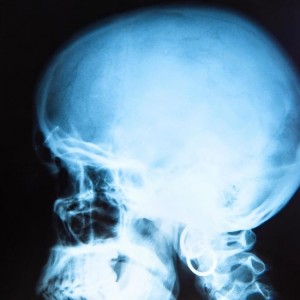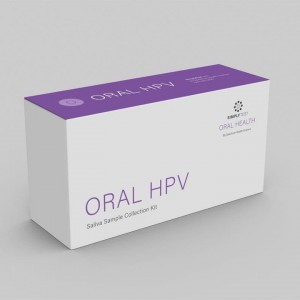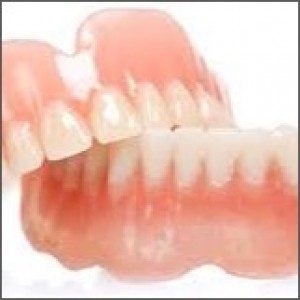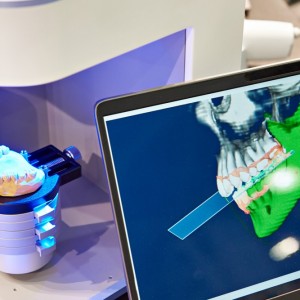
Correlation of oral health and mortality among the elderly
Simona Chirico
The evidence on the association between oral health and mortality is inconclusive and few studies have accounted for nonrandom selection bias in estimating their relationship.
Materials and methods
In a study, conducted by Yu et al, published in the American Journal of Preventive Medicine, the authors investigate the link between oral health and mortality in community-dwelling older adults by adjusting for confounding factors with a doubly robust survival estimate.
Data were from the third National Health and Nutrition Examination Survey (1988-1994) and were linked to National Mortality Index data through December 2015. The analytic sample consisted of 4880 adults aged ≥60 years. Oral health measures included objective clinical indicators (edentulism, periodontitis, and untreated dental caries) and a self-assessment of oral health.
Cox proportional hazards regression and inverse probability weighting models with regression adjustment for the observational estimate of survival time were used to evaluate the relationship between oral health and mortality. The analyzes were conducted in 2021.
Results
Edentulism (mean treatment effect = -26.13, 95% CI = -48.69, -3.57) was associated with decreased survival time.
Periodontal conditions and dental caries were related to all-cause mortality in the Cox models, but became nonsignificant when inverse probability weighting was applied with the regression-adjusted survival estimate.
Conclusions
Good self-rated oral health was significantly related to increased survival time (mean treatment effect = 21.50; 95% CI = 4.92, 38.07).
The study therefore shows that both objective and subjective oral health are risk factors for mortality among the elderly. Improving access to dental screening and treatment among community-dwelling older adults has the potential to reduce oral health-related mortality risks.
 Related articles
Related articles
Oral pathology 10 March 2025
Clinico‐pathologic correlations of myofibroblastic tumors of the oral cavity: nodular fasciitis
Nodular fasciitis (NF), a soft tissue lesion mainly composed of myofibroblastic cells, is well documented in various body locations however, in the oral cavity it is rare.
Market 29 November 2024
In financial markets, the butterfly effect is not uncommon—a phenomenon where small changes in conditions can lead to significant long-term variations in a system's behavior.
Oral Hygiene & Prevention 30 July 2024
Studies have investigated the relationships between chronic systemic and dental conditions, but it remains unclear how such knowledge can be used in clinical practice
Editorials 25 March 2024
Study Shows Correlation Between Self-Reported Oral Health and Systemic Health Outcomes
Looking at multiple dental health conditions and behaviors paints a clearer picture of long-term health and mortality.
Periodontology 20 December 2023
Although the studies currently available are heterogeneous and limited, the link between a very strict diet and beneficial effects on gum health has been demonstrated.
 Read more
Read more
Much like EMTs rushing to the scene after an accident, stem cells hurry to the site of a skull fracture to start mending the damage. A new finding has uncovered the signaling mechanism that triggers...
Products 05 November 2025
SimplyTest has launched a groundbreaking saliva-based test to detect high-risk strains of oral human papillomavirus (HPV), a major cause of oropharyngeal cancers.
News 05 November 2025
Perimetrics, Inc., a dental technology company pioneering quantitative diagnostics, announced today that the U.S. Food and Drug Administration (FDA) has granted clearance for the InnerView...
News 05 November 2025
On October 15, open enrollment for Medicare began nationwide. Hundreds of thousands of seniors in New Jersey will once again face the challenge of finding the right Medicare coverage, including the...
Digital Dentistry 04 November 2025
Digitalisation is an expanding field in dentistry and implementation of digital teaching methods in dental education is an essential part of modern education.














